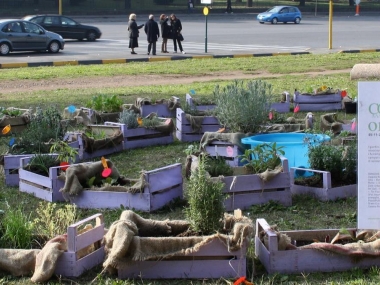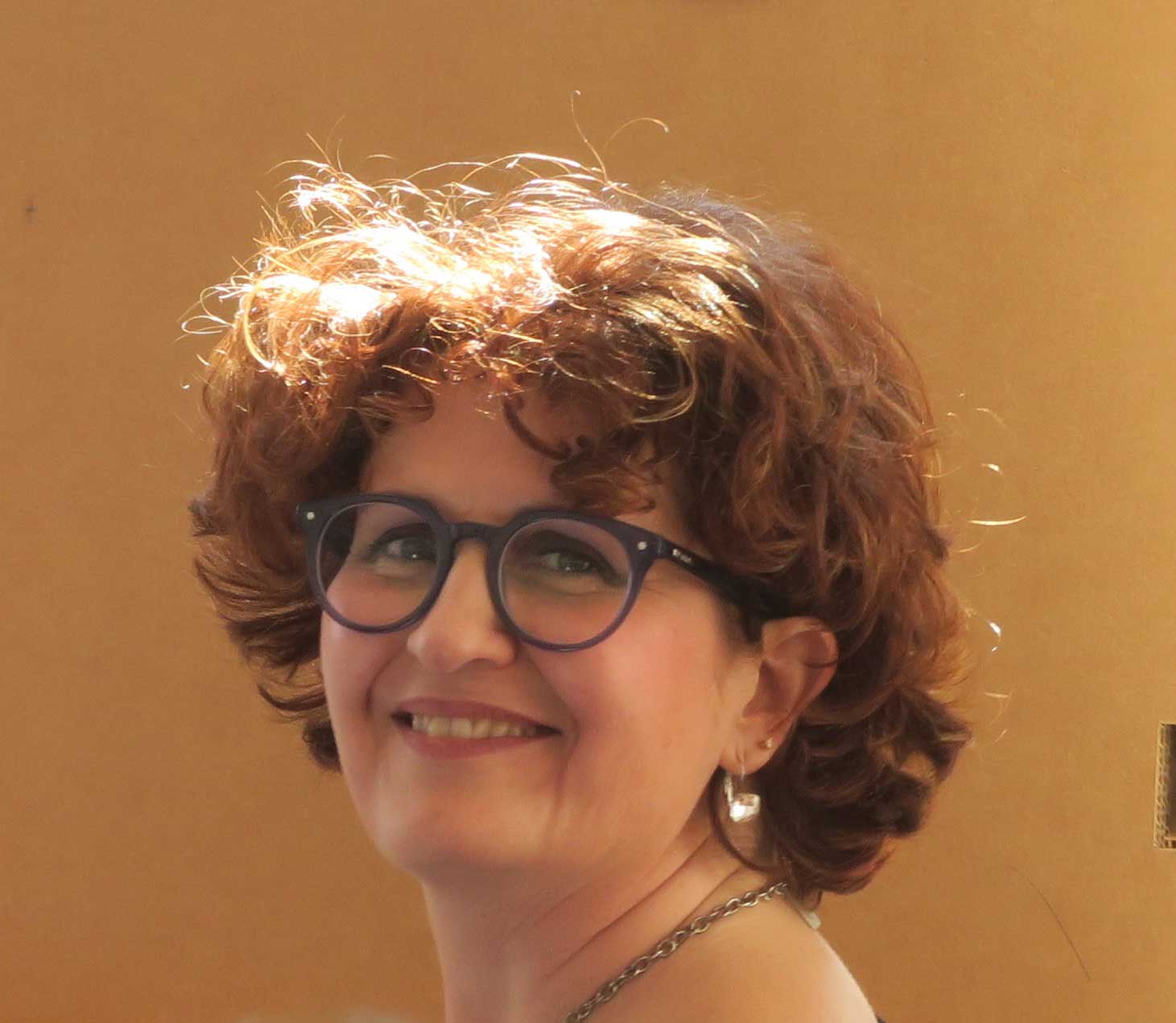THE ASSOCIATION "ENERGY EFFICIENT CITIES OF UKRAINE" HOSTS ROME AND VILNIUS
Edited on
27 July 2022Europe is experiencing an unprecedented surge of interest in urban agriculture as we see public community gardens becoming increasingly popular in our cities.

European citizens benefit greatly from participating in initiatives that include the opportunity to remain independent of global food markets and supply chains, to grow environmentally friendly food, to create green public spaces for leisure, learning and social cohesion, to improve the urban microclimate and to implement organic waste collection and composting practices.
These measures directly address the components of the European Green Deal (climate change, energy, transport, industrial strategy, agriculture, zero pollution, biodiversity, finance, trade) and it is in this framework that the Ukrainian Association "Energy Efficient Cities of Ukraine", www.enefcities.org.ua , held on 23rd May the webinar “Urban horticulture: the experience of Rome and Vilnius". The event was part of the activities of the project "Strengthening the capacity of Ukrainian communities to implement the objectives of the European Green Deal" .
Claudio Bordi from the Municipal Agency Risorse per Roma of the City of Rome, Silvia Cioli and Fiammetta Curcio (URBACT ad-hoc experts for the RU:RBAN project) illustrated the long history of urban gardens in Rome, the city’s Regulations for the Management of Urban Gardens and many of the aspects related to the capacity building actions aimed at the implementation and management of an urban garden. Laura Petruske, architect and co-founder of the “Ideas Garden” of Vilnius, shared the parallelism between the implementation of an urban garden and “the place-making for the dialogue between the city and its citizens”.
The event was attended by representatives of urban planning and environmental protection departments of Ukrainian municipalities, NGOs and environmental associations. English-Ukrainian simultaneous translation was provided to facilitate the sharing of knowledge and experiences between participants and a fruitful Q&A session marked the conclusion of the event.
 Submitted by Patricia Hernandez on
Submitted by Patricia Hernandez on
